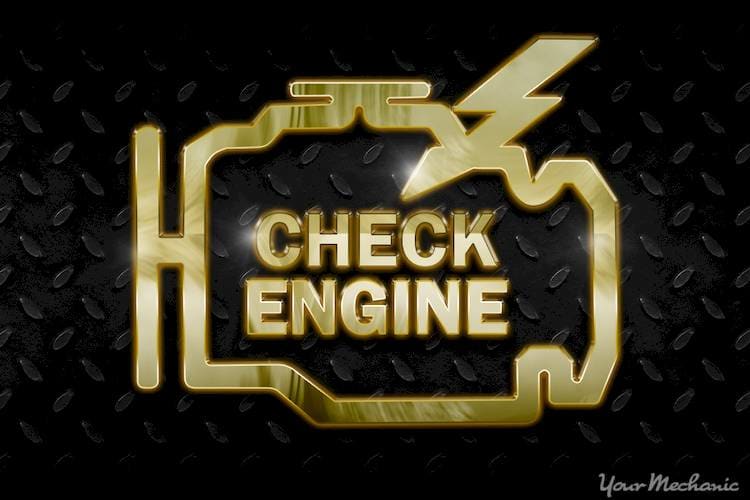P2219 code definition
When the P2219 code is stored by a vehicle’s PCM, it’s because it has detected a NOx (Nitric Oxide and Nitrogen Dioxide gases) sensor circuit voltage reading that is outside the acceptable operating threshold for a particular engine bank.
What the P2219 code means
Your vehicle’s PCM uses temperature data and exhaust composition from the oxygen sensor to determine the usual NOx sensor circuit input data. If this level isn’t detected, then a P2219 code gets stored and the Check Engine light should come on. This code is specifically concerned with bank two, which is the one that contains the number two cylinder.
The PCM utilizes data sent from the downstream and upstream oxygen sensors in order to determine the necessary NOx sensor readings for each of the catalytic converters. Downstream oxygen sensors usually remain steadier than the upstream versions which tend to fluctuate, mirroring the changing condition of fuel mixtures.
What causes the P2219 code?
The most common cause for code P2219 is a catalytic converter that is no longer working correctly. As catalytic converters are designed to basically never give out, their failure is usually related to some other malfunction. Examples would include:
Faulty fuel usage
A defective coolant temperature sensor, manifold air pressure sensor, mass air inflow sensor, fuel injection component or fuel pressure regulator that allows excessive fuel to be unloaded into the exhaust system
An ignition misfire
Leaks coming from the flex hose, down pipe, exhaust manifold or some other exhaust component located upstream from the catalytic converter
Faulty oxygen sensors could be responsible as well. However, when that happens, the PCM should store an oxygen sensor code along with the one for the catalytic converter.
What are the symptoms of the P2219 code?
Despite the numerous and diverse causes that could cause the P2219 code, the symptoms may not always be noticeable. Some drivers get nothing more than a Check Engine light.
On the other hand, this code could mean that the engine stalls or simply refuses to start in the first place.
The deciding factor comes down to the catalytic converter. If it’s holding up, there should be no symptoms other than the Check Engine light. If it’s taken damage and isn't working as it should, you’ll experience engine hesitation, hissing noises or other problems.
How does a mechanic diagnose the P2219 code?
Your mechanic will first get a read on all the codes that have been stored by using an OBD-II scanner. They will also take upstream and downstream readings with an oscilloscope of the oxygen sensor. The same will most likely be done for the NOx sensor that monitors the second engine bank. The sensors, circuits and wires will all need to be inspected as well. Voltage may be measured as well. It should be close to that of a full-charged battery.
Common mistakes when diagnosing the P2219 code
The most common mistake when diagnosing the P2219 code is that mechanics won’t spend enough time looking into what damaged the catalytic converter to begin with. As was discussed above, this component is meant to put up with a fair amount of wear and tear.
Another common error is replacing the oxygen sensor before a complete diagnosis is performed to confirm it’s not working correctly.
How serious is the P2219 code?
Even though you may be lucky enough not to notice any major symptoms, this still isn’t the type of code you want to let sit for long. The problems associated could quickly cause serious and expensive damage.
What repairs can fix the P2219 code?
Your mechanic will do one or more of the following:
Don’t rush these repairs. Every element involved needs to be fully inspected as they could represent a number of other problems that need attention too.
Need help with a P2219 code?
YourMechanic offers a team of certified mobile mechanics who are always at the ready to help people dealing with code P2219 issues or any other type of vehicular problem. If you’d like a certified mobile mechanic to visit you at your home or work to look at your car and handle repairs on the spot, simply fill out this online form for a free quote and appointment. You can also call 1-800-701-6230 to speak with a service advisor.
Check Engine Light
trouble codes
P2219





